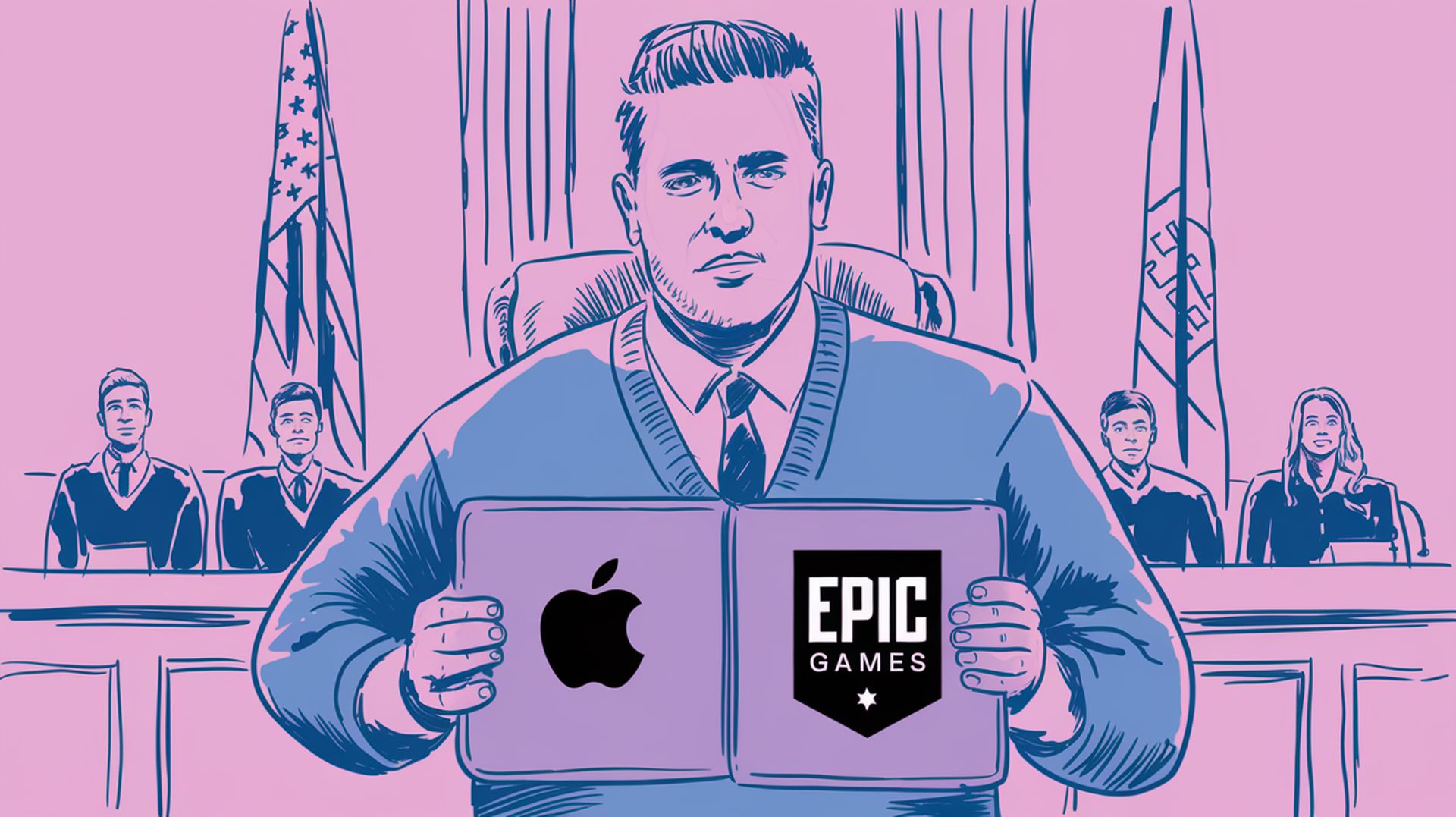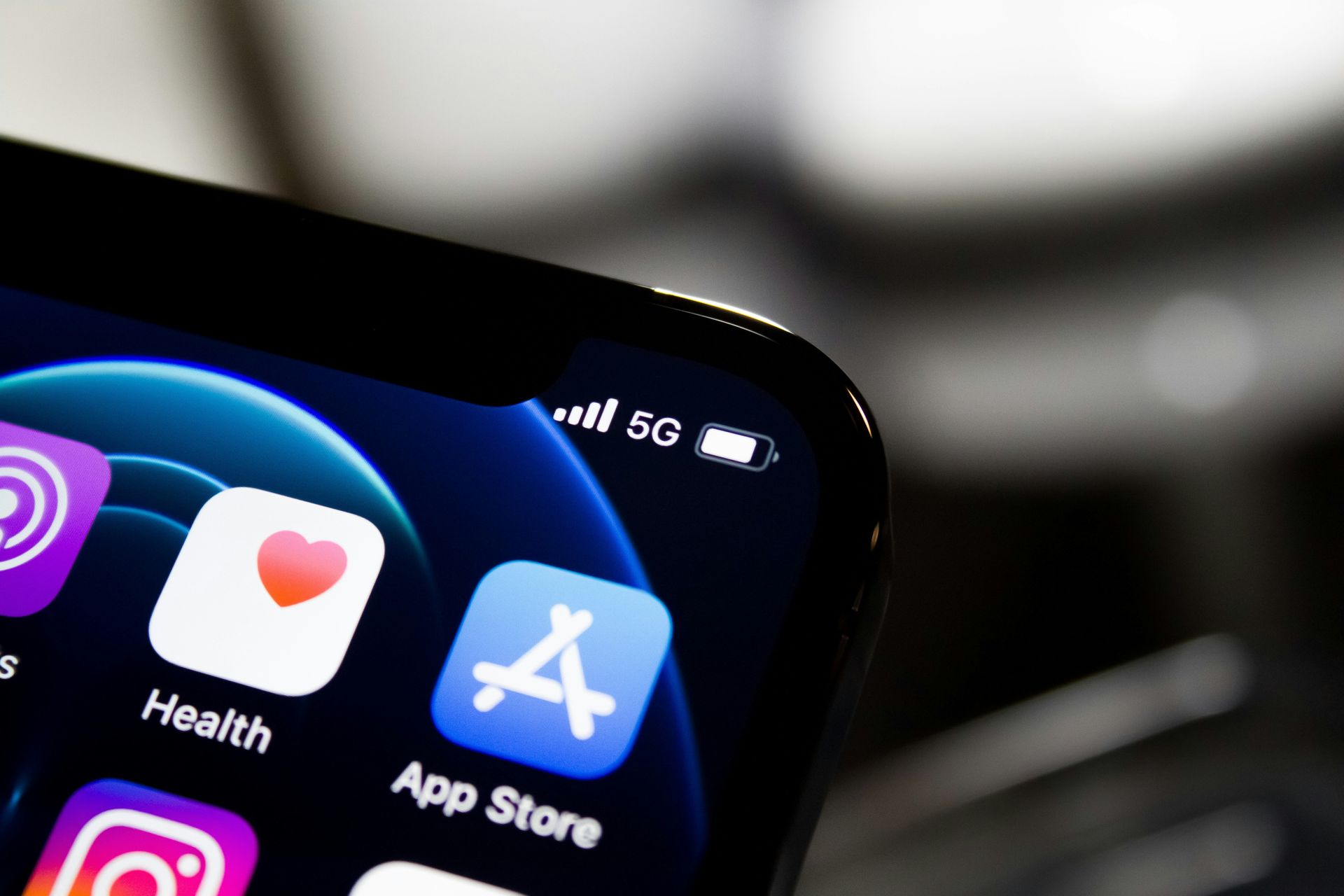A second judge says Apple may have lied to the court

The legal battle between Apple and Epic Games has taken a dramatic turn, with a second judge now implying that Apple may have lied to the court about its handling of key decisions.
This follows similar concerns raised by the original judge, who strongly suggested that Apple had not been truthful about the reasons for its updated App Store policy.
The second judge, tasked with overseeing Apple’s disclosure of key decision-making documents, expressed doubt over a court filing made by Apple, stating that it was “simply not believable”.
A quick recap of the Apple vs Epic lawsuitThe legal battle began when Epic Games introduced its own in-app payment system on iPhones, bypassing the App Store and Apple’s 30% commission. This breach of App Store terms led Apple to remove Epic’s products from the App Store.
The two companies then went to court, where the judge ruled that while Apple didn’t hold a monopoly, it must allow in-app sales outside of its store.
Epic Games Store wins: You can play Fortnite on iOS and Android now
Both Apple and Epic appealed the parts of the ruling they disagreed with, though the U.S. Supreme Court declined to hear the appeals. Apple indicated it would comply but proposed charging nearly the same commission on external sales, a move Epic argued went against the judge’s intent.
The judge agreed, showing skepticism toward Apple’s claim that this decision wasn’t financially motivated.
Judge orders full disclosure of documentsApple was ordered to submit all documents relating to its decision to continue charging commission on external sales, which led to the involvement of Magistrate Judge Thomas S. Hixson.
Apple initially reported that 650,000 documents were relevant, only to later reveal that 1.3 million documents matched the search criteria, just four days before the submission deadline. The judge rejected Apple’s last-minute request for an extension, calling it “bad behavior” and doubting the company’s claim that it had only just realized the increased document count.
 The judge ordered Apple to submit all documents related to the decision to continue charging commissions outside the App Store (Image credit)
The judge ordered Apple to submit all documents related to the decision to continue charging commissions outside the App Store (Image credit)
The judge expressed concern that Apple may have known about the scope of the project much earlier and failed to disclose it in a timely manner. The late revelation left little time for the court to discuss solutions, such as hiring additional document reviewers.
The judge emphasized that Apple’s last-minute announcement gave the impression of irresponsibility, stating that the company, with its vast resources, could have completed the document review on time if it had wanted to.
Apple’s credibility takes another hitThis isn’t the first time Apple’s credibility has been called into question in this case. The initial judge had already expressed doubts about Apple’s compliance with the court’s orders, and this latest ruling only deepens those concerns.
The judge’s decision to require Apple to produce all documents by the original deadline indicates that the court is growing impatient with Apple’s tactics.
A battle far from overThe Apple vs. Epic Games lawsuit continues to be a high-stakes battle over antitrust, commissions, and app store control. With a second judge now doubting Apple’s transparency and compliance, the company faces increasing pressure to explain its actions and prove it is acting in good faith.
As this legal drama unfolds, Apple’s reputation and its business model remain under intense scrutiny.
Featured image credit: Emre Çıtak/Ideogram AI
